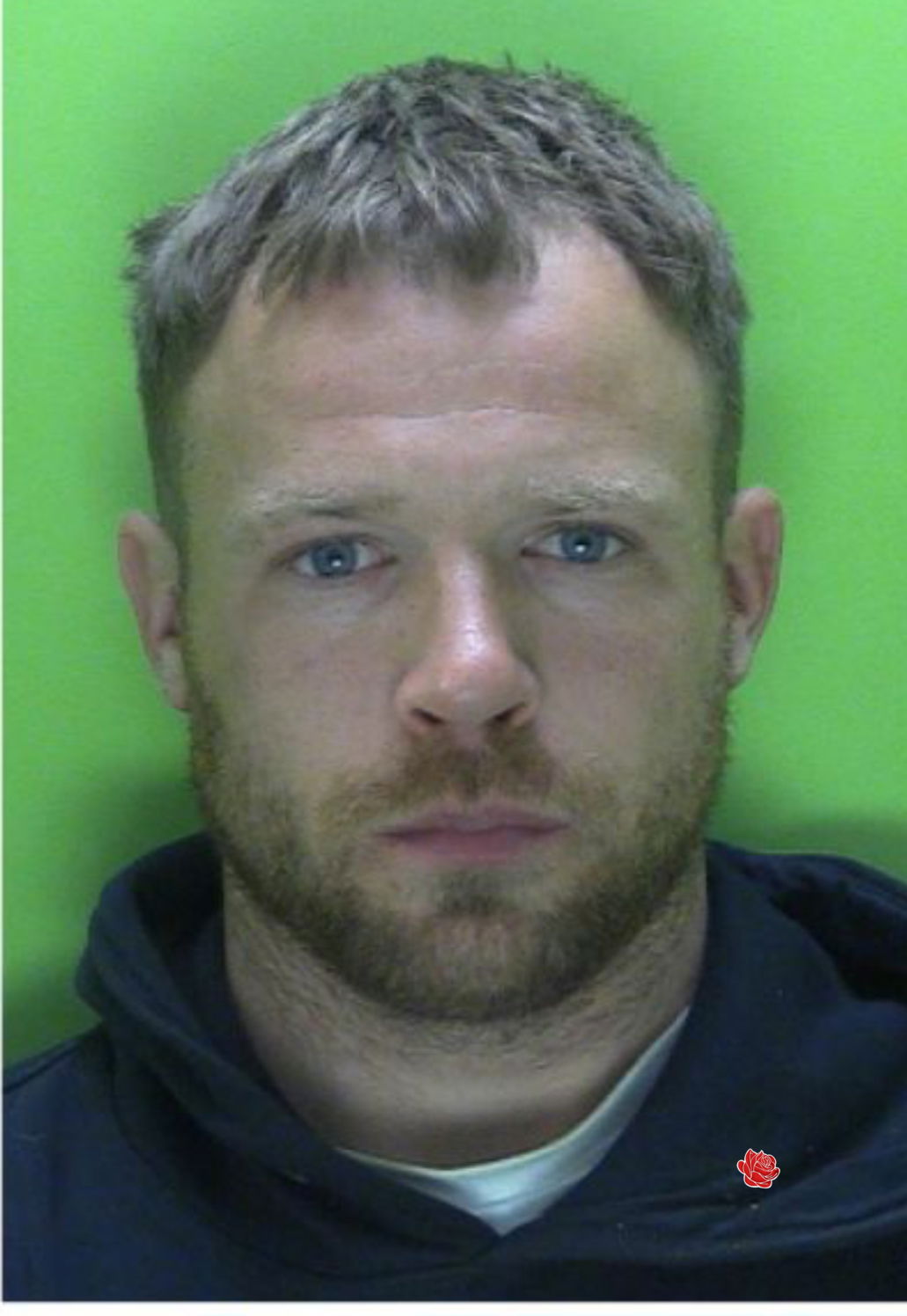Celia Beckett's Social Media Accounts
Know a Social Media Account Linked to Celia Beckett?
Want to add information? Log in to your account to contribute accounts and phone numbers.
CELIA BECKETT'S HORRIFIC CRIME IN NEWARK: MOTHER SENTENCED FOR KILLING AND POISONING DAUGHTERS
In a tragic and disturbing case that has shocked the community of Newark, a mother named Celia Beckett was sentenced to five years in prison for the grievous harm she inflicted upon her two young daughters. The case, which came to light in May 1996, revealed a series of horrifying acts carried out by Beckett, who was found guilty of poisoning her four-year-old daughter, Tracey, and attempting to poison her earlier. Additionally, she was convicted of administering anti-depressant tablets to her other daughter, Debbie, and of acts of cruelty that demonstrated severe neglect.Beckett's crimes were uncovered after a lengthy investigation that exposed a pattern of abuse and neglect. The case was brought before Nottingham Crown Court, where she was convicted last October. The court heard that Beckett, who was 35 years old at the time of her trial, had suffered from severe personality problems, which contributed to her actions. Despite her pleas for help from social workers, she claimed her requests for assistance were ignored, a point emphasized during the proceedings. The tragic death of Tracey, who died from an overdose of anti-depressants, was a central focus of the case. It was revealed that social workers had allowed Tracey to be returned to Beckett’s care despite concerns about her mental health and the mother's capacity to care for her.
Mr. Justice Garland, presiding at the High Court, delivered the sentence that would mark the culmination of this heartbreaking case. He sentenced Beckett to five years for manslaughter, five years for administering a noxious substance to Tracey, four years for administering a similar substance to Debbie, and an additional six months for wilful neglect. All sentences were to run concurrently. The judge expressed deep regret in imposing the sentence, stating that he was doing so “with a heavy heart,” because no alternative legal options were available. He clarified that Beckett was not diagnosed as mentally ill, which prevented the court from making a mental health order, and he deemed probation an unsuitable option given the severity of her crimes.
Defense attorney Oliver Blunt argued that Beckett felt remorse for her actions. He described her as a mother who was, in his words, “useless, incompetent and negligent,” but also emphasized that several doctors had examined her. One had diagnosed her with a psychiatric disorder, while others identified her as suffering from severe personality problems. The defense sought to portray her as a woman overwhelmed by her circumstances, though this did little to mitigate the gravity of her offenses.
The case also drew criticism from Beckett’s ex-husband, Thomas, who expressed outrage over the five-year sentence. He was particularly distressed by the fact that his daughters, whom he described as “little angels,” had been poisoned by their mother. Thomas publicly stated, “She should have been locked up for life and the key thrown away,” highlighting the profound sense of injustice and grief felt by the family. The case remains a stark reminder of the devastating consequences of neglect and mental health issues intertwined with criminal acts, leaving a community to grapple with the tragic loss of two innocent lives in Newark.













